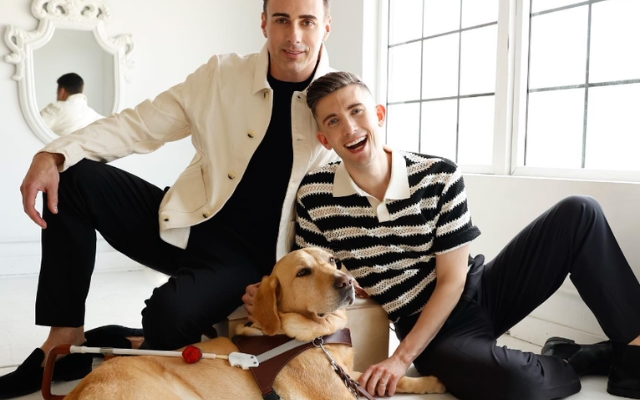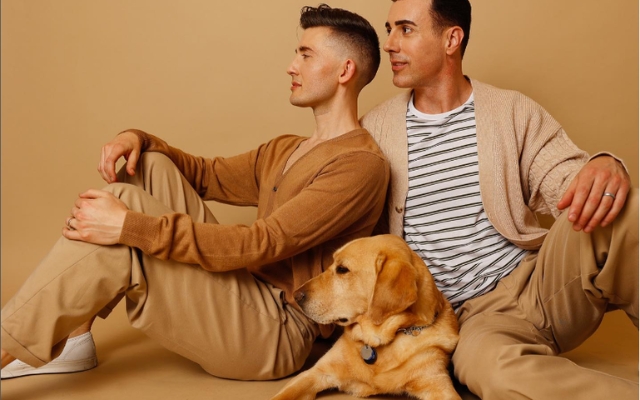In Seattle, a blind man named Paul Castle was told to leave a restaurant because a worker didn’t believe he was blind, despite having his guide dog, Mr. Maple, with him. Guide dogs help many blind people live more independently by helping them with daily tasks.
Paul, who has less than 10% of his vision, relies heavily on Mr. Maple. He also runs a social media channel with his husband to raise awareness about blindness. Speaking about his experience, Paul said:
“When I encounter a situation like this where I’m fully rejected not only for my dog but because my own disability wasn’t believed, it makes me really sad on top of all the struggles that I already kind of deal with.”

Paul pointed out that some people misuse the system by pretending their pets are service dogs, which makes life harder for those who truly need them. He also mentioned that most legally blind people can still see to some extent.
“I think sharing our personal stories and finding ways to grow and learn together is the ultimate goal,”
The Washington State Human Rights Commission states that businesses can only ask if the animal is needed for a disability and what task the animal is trained to do. They can’t ask for any special paperwork or the animal to wear a specific vest.

Despite this upsetting experience, Paul hopes it can lead to positive changes. “I just hope that situations like this can really be minimized through education and better training,” he expressed.
 Toledo, United States.
Toledo, United States.